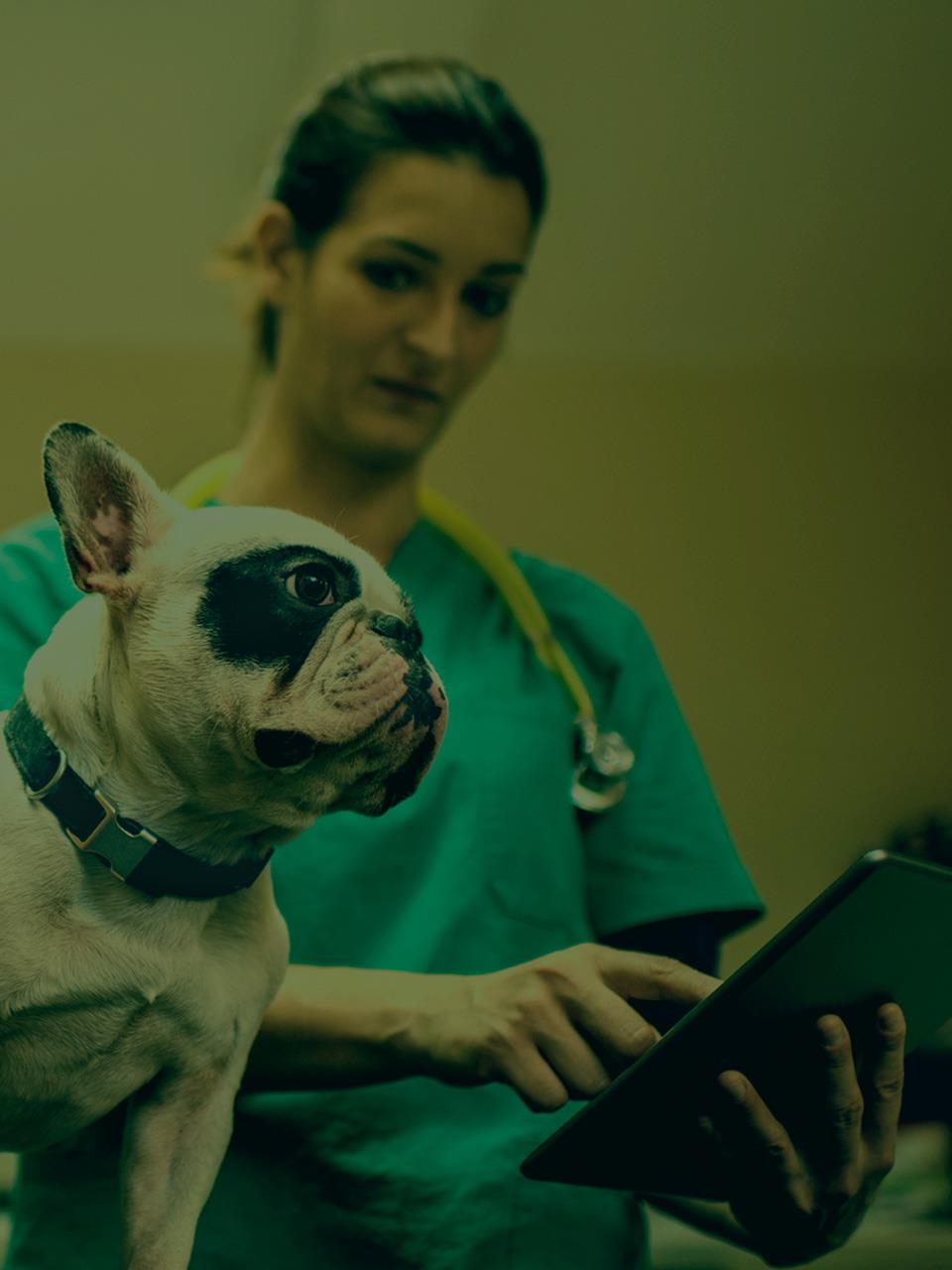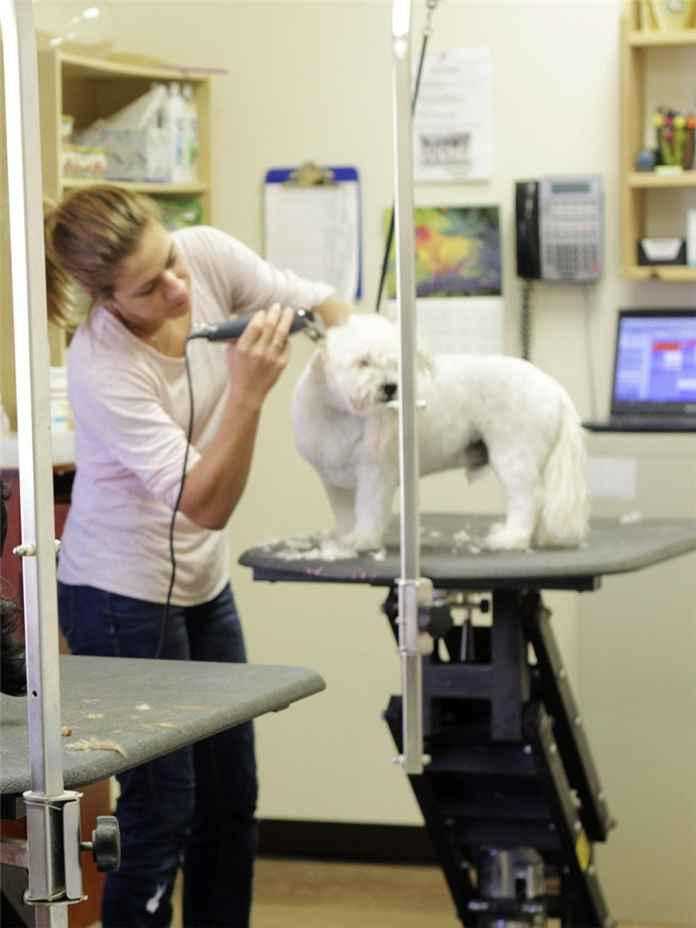Individuals related to the veterinary field are responsible for treating and curing various diseases in animals, especially domestic animals.

Tap to Read ➤
Careers in Veterinary
Stephen Rampur


Individuals related to the veterinary field are responsible for treating and curing various diseases in animals, especially domestic animals.

Veterinarians are professionals who have a wide expertise in diagnosing, treating, and curing diseases or injuries in animals. To make a career in this field, one should have the love and respect for these creatures. They are responsible for dealing with the health of pets, livestock, or zoo inmates.

They also work in places such as testing laboratories and racecourses. Some of them also utilize their expertise to preclude diseases from being transferred to human beings, by carrying out a thorough clinical research on such possibilities. Whereas others conduct basic research, and educate people on animal disorders and complications.

Types of Treatment

Majority of them carry out vaccinations for diseases like distemper or rabies, treatment of contagions or sicknesses, dress wounds, treat fractures, and perform surgeries. Moreover, they also educate pet owners regarding pet feeding, breeding, and behaviors.

As per a survey conducted by the American Medical Veterinary Association, over 70% of these doctors, working in private medical centers, mostly treat small animals like cats, dogs, birds, rabbits, and others, which are kept as pets.

Around 25% of them are hired in health care facilities related to sheep, goats, pigs, and some wild species. A few of them also treat and medicate large animals like horses, cows, buffaloes, etc.

Preventive Care and Research

They are needed in farms or ranches, where they render their services to herds or individually affected cattle. Apart from treatment, they may also provide preventive care, and assist the owners regarding disease prevention. Zoo authorities also utilize their services to treat wild or aquatic species.

In rare cases, they euthanize animals if needed. Some of them assist physicians and scientists in research, which leads to the invention of new medicines and antidotes that are used by humans to prevent diseases. It involves studying the aftereffects of drug treatments, antibiotics, or new operational techniques, by experimenting them on animals.

Inspection

Inspection is also one of the tasks that they perform. They examine the livestock for transmissible infections and quarantine them, if needed. On the other hand, meat, poultry, or egg product inspectors are responsible for checking slaughtering or processing facilities.

Another task is examining live animals and carcasses for diseases, taking into consideration government ordinances for food purity and sanitation. Veterinarians may also be employed as animal and plant health inspectors by the government, wherein they check the trade of animal foods to preclude the possibilities of infectious diseases.

Requirements and Job Outlook

Their work involves some risk, as there is a high possibility of them being bitten or scratched by the animals which are being treated. To enter this profession, one should possess a Doctor of Veterinary Medicine (DVM) degree from a recognized institution, along with a valid license to practice.

The job prospects may vary in rural and urban areas. Jobs in this sector are expected to grow by 12% annually till 2022, as per the Bureau of Labor Statistics. However, one can expect very strong competition for the available positions.